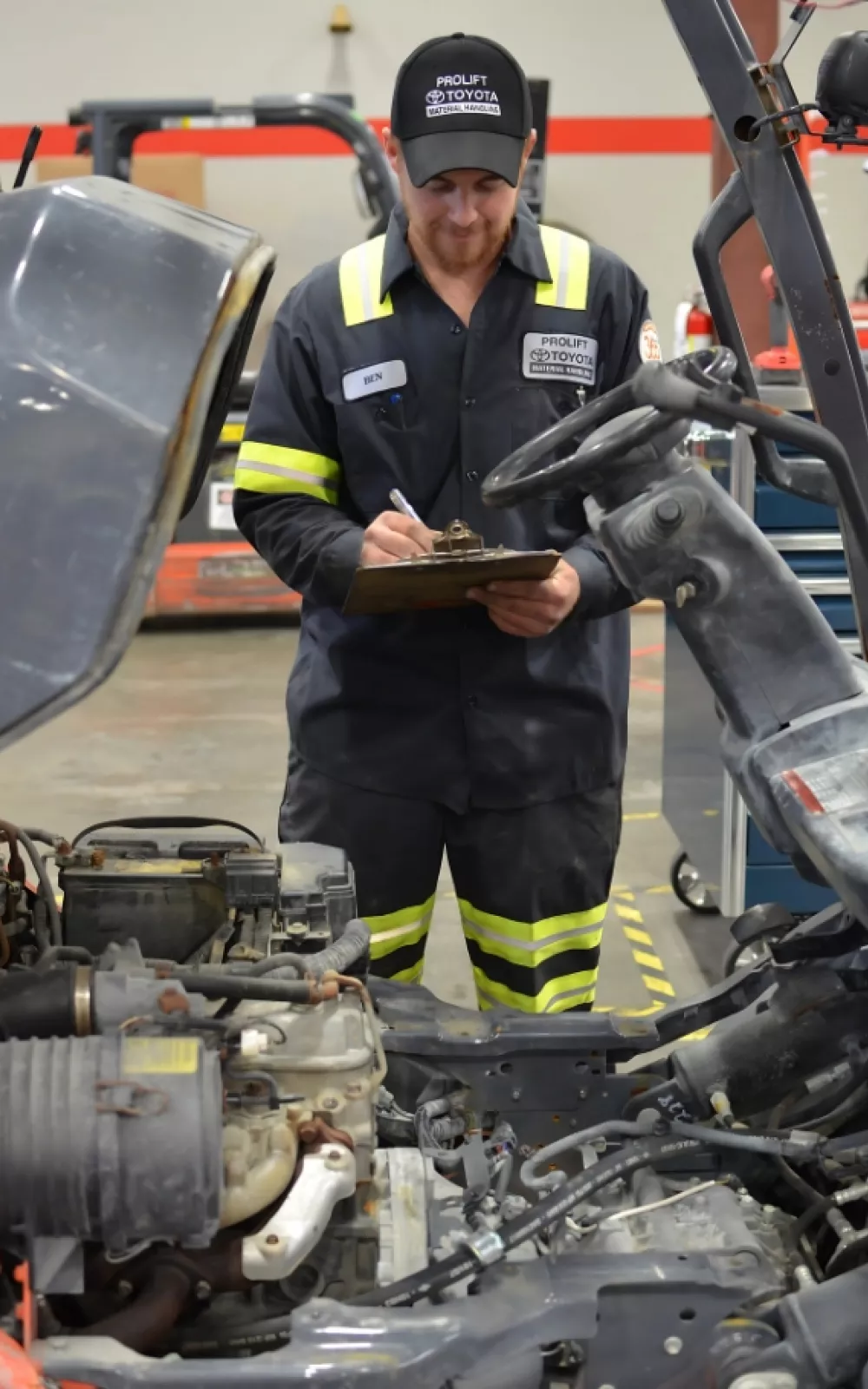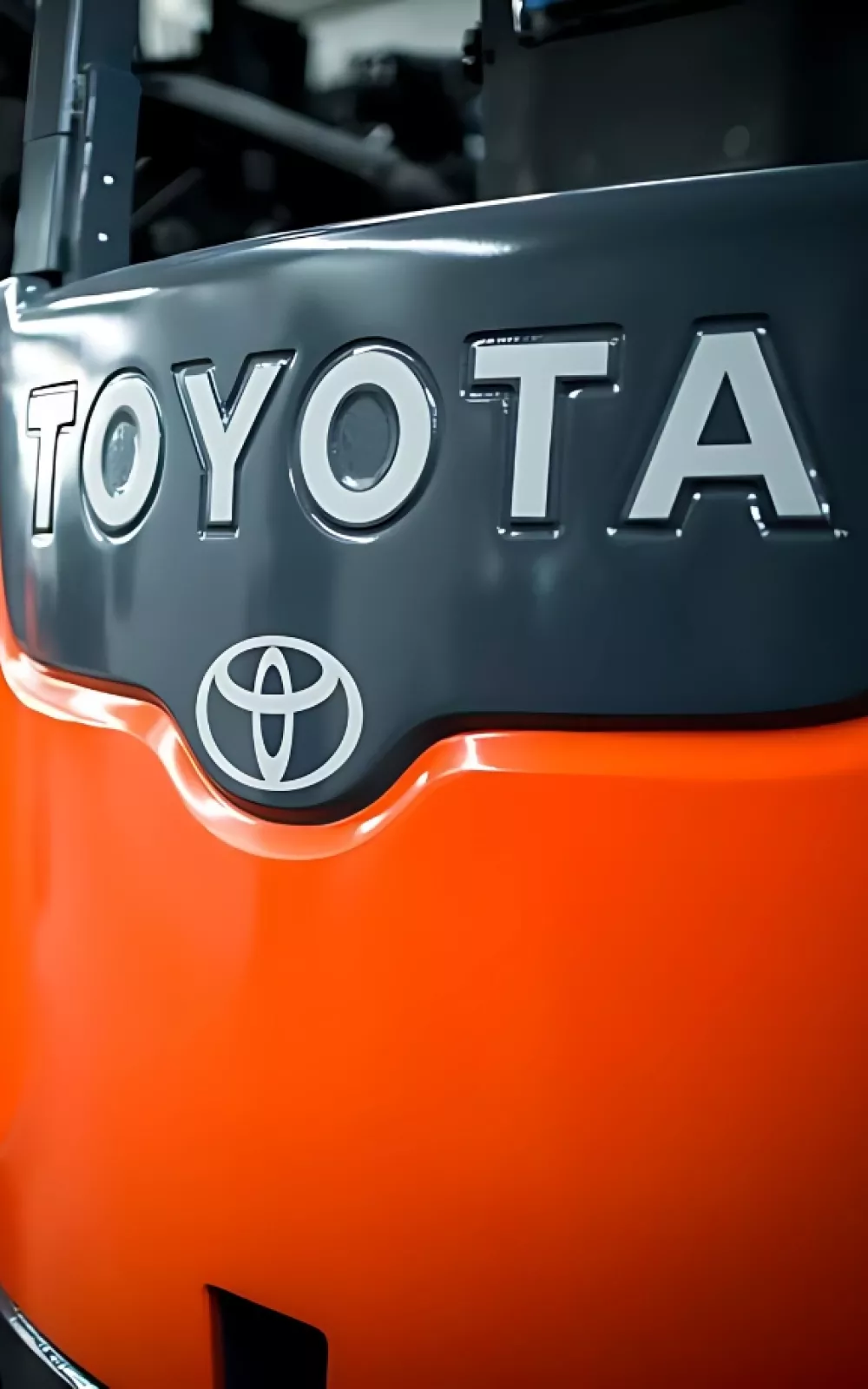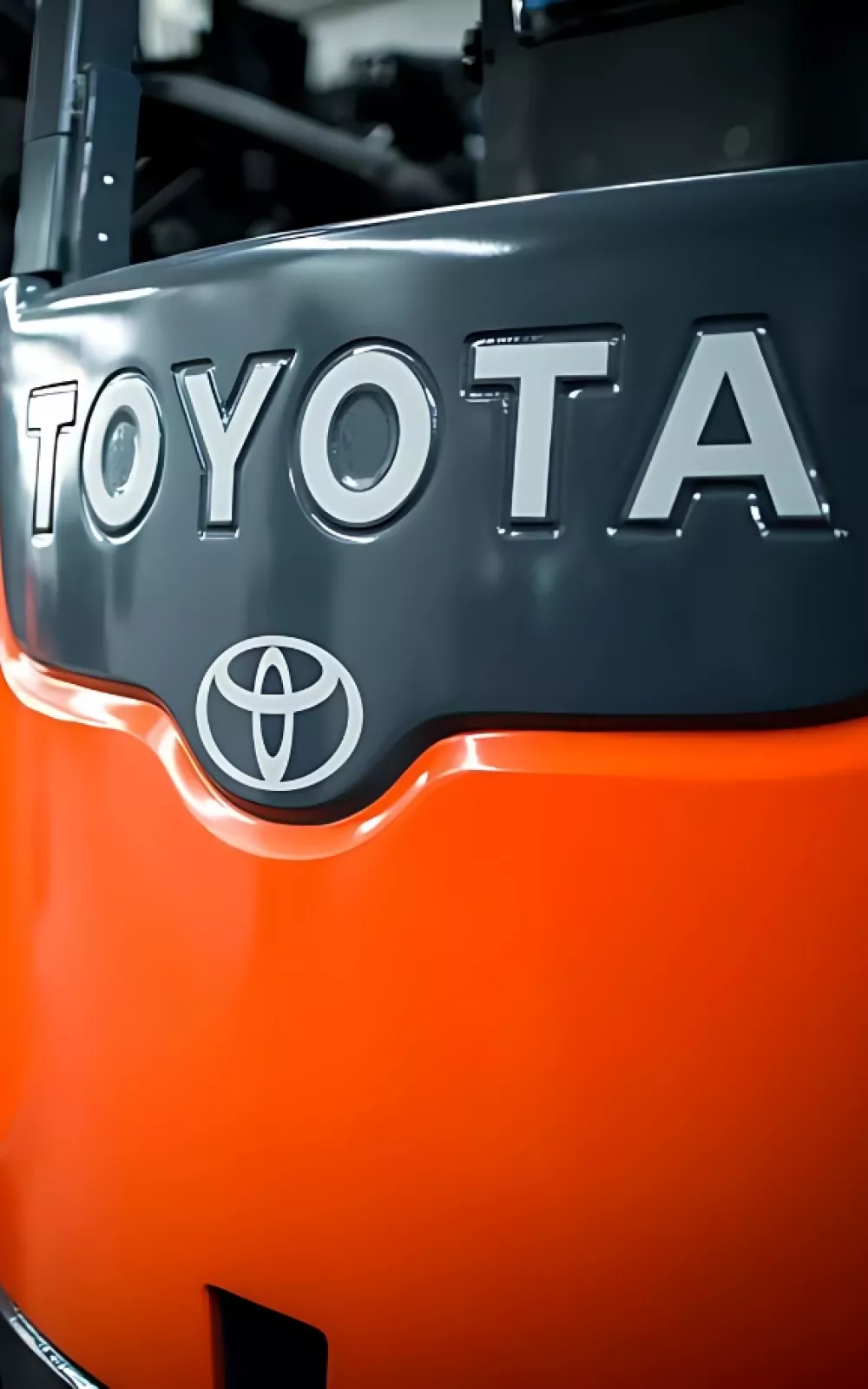Rent
ProLift offers daily, weekly, and monthly rentals. Find the right equipment for maximum productivity and safety.
ProLift offers daily, weekly, and monthly rentals. Find the right equipment for maximum productivity and safety.
Used forklifts with warranties and a 30-day exchange guarantee, plus as is and wholesale equipment options.
Explore leasing, ownership, and rental purchase options for equipment and other warehouse solutions.
Reimagine your warehouse and increase your storage capacity! CAD drawings included.
Reimagine your warehouse and increase your storage capacity! Submit your request for quote and a warehouse solutions consultant will reach out to schedule a site visit.

Minimize downtime when you schedule our mobile tire truck for on-site tire pressing.
Minimize downtime when you schedule our mobile tire truck for on-site tire pressing. Our parts team will reach out soon!

Keep your equipment on a maintenance schedule to stay ahead of needed parts and service.
ProLift offers four maintenance programs to fit your productivity and budget. Schedule a site survey and quote with a sales consultant.

Let us know how we can assist you! A ProLift specialist will connect with you to help with your material handling needs.

Let us know how we can assist you! A ProLift specialist will connect with you to help with your material handling needs.

Near misses are valuable learning opportunities that can help prevent future accidents. Discover how identifying the root cause of a near miss and implementing best practices can improve forklift safety in your workplace. Learn the importance of proper documentation and how refresher training can keep your team prepared for potential hazards.

A forklift near miss is defined as any unforeseen event that causes a disruption in the workflow; however, it does not cause any injuries or property damage.
During forklift safety training classes, ProLift trainers provide near-miss examples such as:
OSHA states “Refresher training, including an evaluation of the effectiveness of that training, shall be conducted as required by paragraph (l)(4)(ii) to ensure that the operator has the knowledge and skills needed to operate the powered industrial truck safely.” Within this paragraph, OSHA further states reasons for conducting refresher training, including when “the operator has been involved in an accident or near-miss incident”.

Continue promoting safety at your facility with our comprehensive safety training classes. ProLift offers training for both operators and trainers. Contact our safety specialist to schedule your team.
Not addressing near-miss occurrences can result in willful OSHA violations, product damage and employee injuries or fatalities. Improve your forklift training skills by attending ProLift’s train-the-trainer, offered at your facility or a ProLift location.
As a full-service material handling dealer, ProLift can help you with questions and solutions for your equipment, service, parts and more. Tell us how we can help.

Let us know how we can assist you! A ProLift specialist will connect with you to help with your material handling needs.
